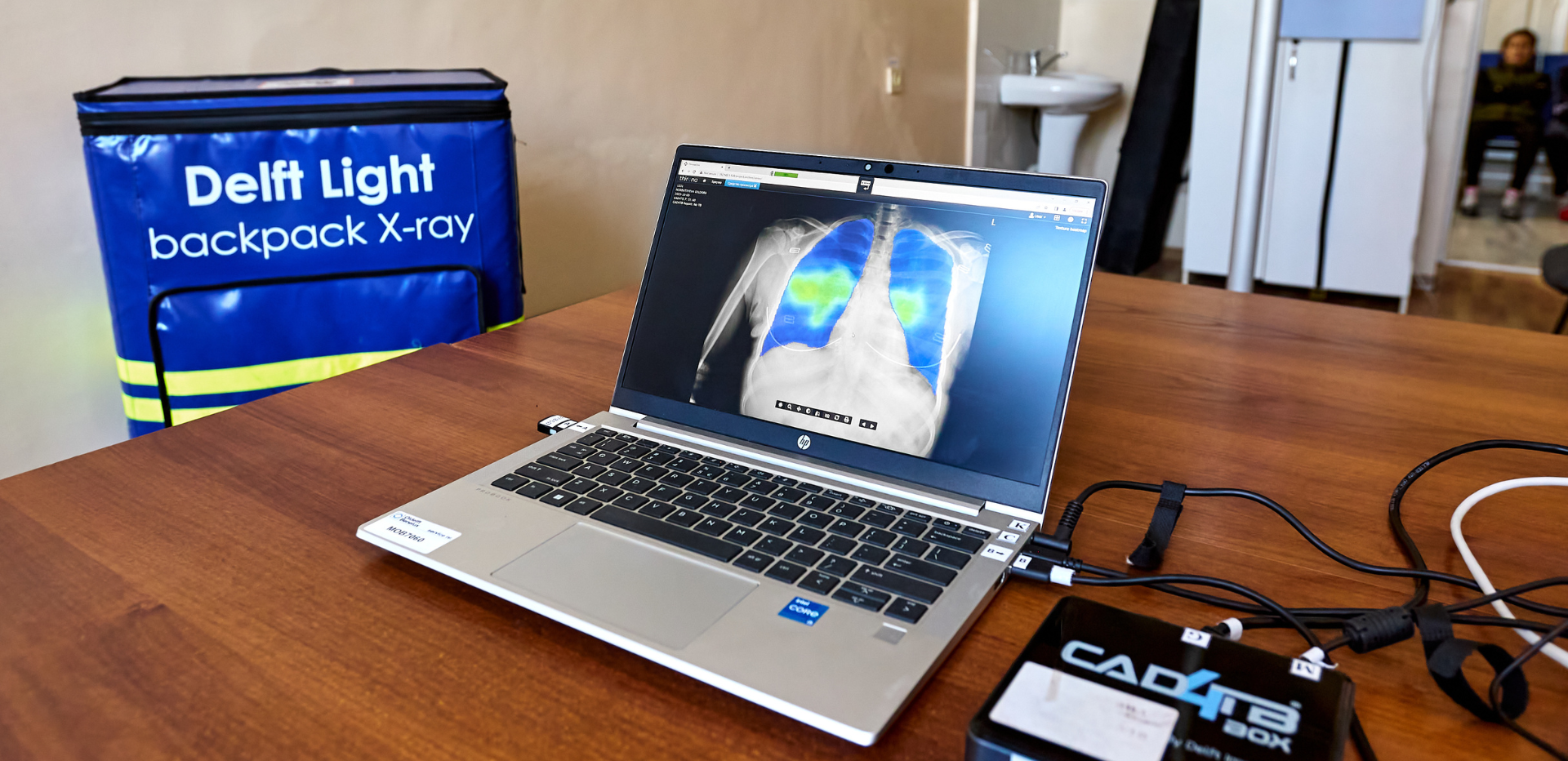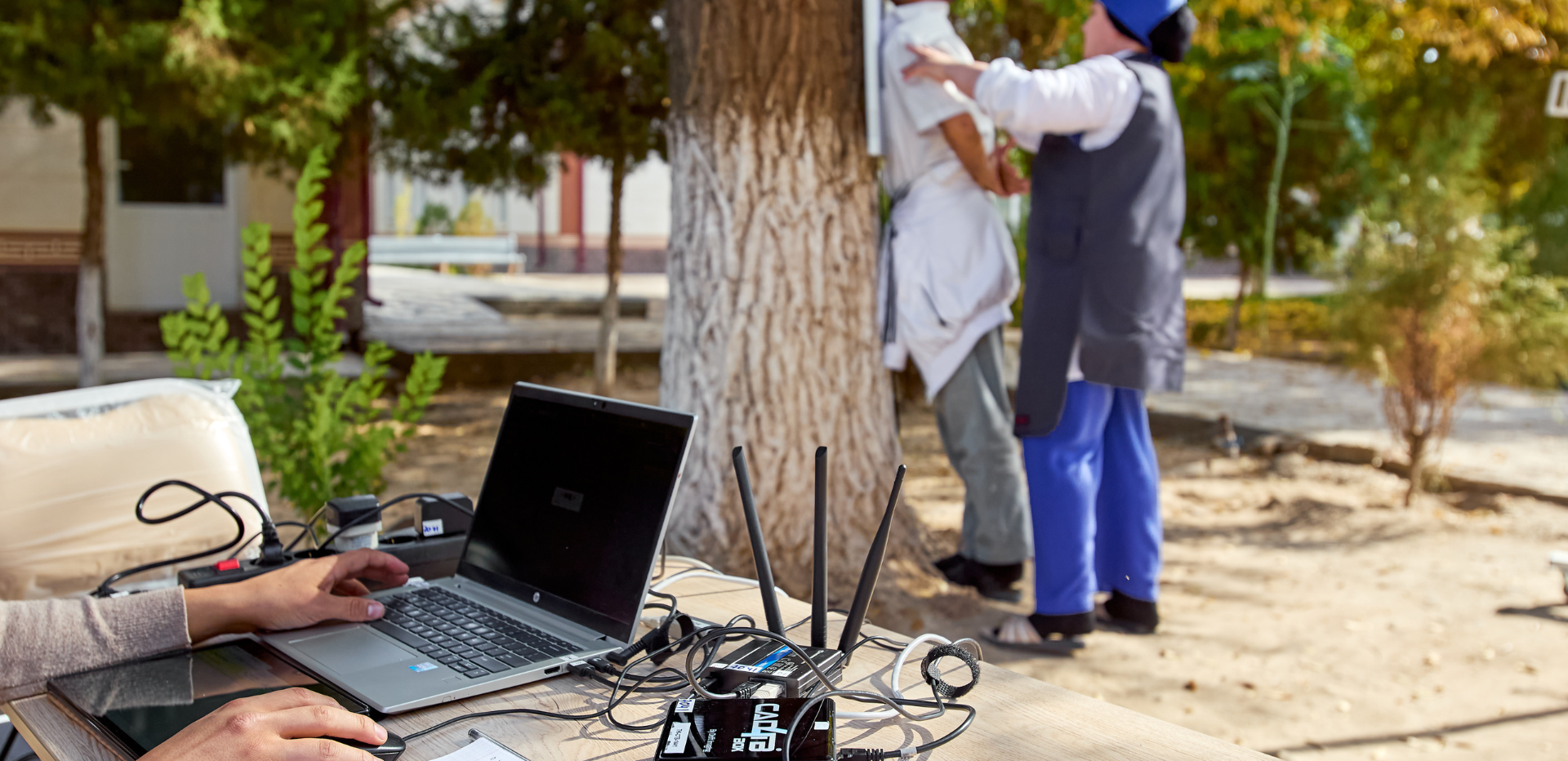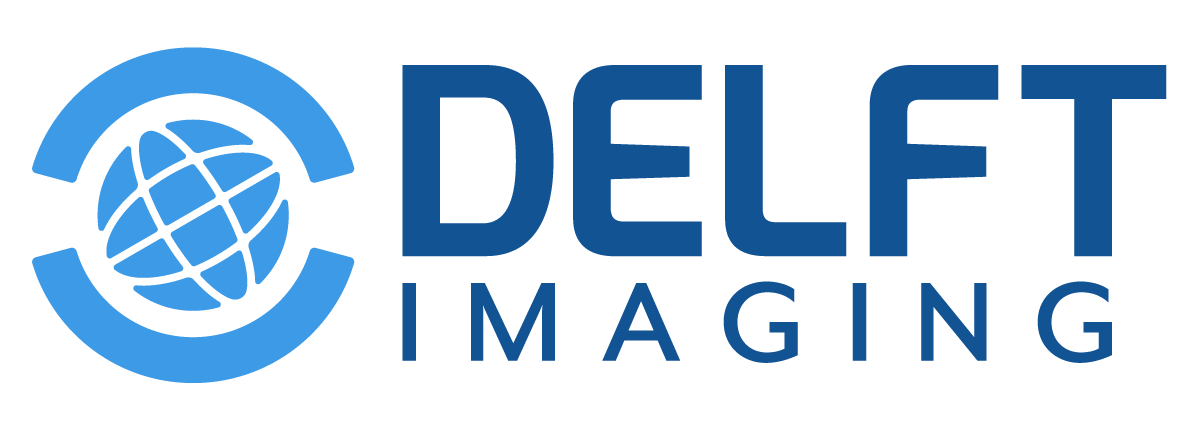Tuberculosis remains a significant public health challenge in many parts of the world, including Uzbekistan. Despite advancements in healthcare technologies, accessing and implementing these solutions can be challenging, particularly in regions with logistical and infrastructural barriers. Delft Imaging has stepped up to address these challenges, bringing innovative health technology to the forefront of Uzbekistan’s battle against TB.
Delft Imaging’s entry into Uzbekistan
In 2019, at a Union conference in Hyderabad, we initiated contact with key figures in Uzbekistan’s Ministry of Health. This marked the beginning of a promising partnership to leverage Delft Imaging’s diagnostic solutions to improve TB detection in the country. The collaboration officially began in 2021 amidst the global COVID-19 pandemic, showcasing the flexibility of our solutions to initially assist in COVID-19 detection before shifting focus back to tuberculosis.
Delft Imaging goes where others don’t go. We are committed to taking on the challenge of finding missed cases, providing individuals with the opportunity for a healthier future, regardless of the cost.
Mike Rosenmoller, Delft Imaging’s representative
The deployment of our solutions
The Ministry of Health in Uzbekistan deployed the Delft Light and CAD4TB systems on the ground. These tools were integrated with portable X-ray machines, which are crucial for reaching remote and hard-to-access areas of Uzbekistan. The country’s rugged terrain and lack of easy access to major transport routes underscore the need for portable and robust healthcare solutions.


Healthcare workers appreciate the user-friendliness and accuracy of the technology, which enhances their ability to diagnose TB accurately.”
Aleksander Kim, Director First-Medical LLC
Expanding reach and impact
The initial success led to further expansion. In 2022, Delft Imaging, in collaboration with international agencies like USAID and UNDP, deployed additional units across several regions in Uzbekistan.
“Two units have been provided by Delft Imaging, absolutely free of charge in 2022, and two Delft portable devices have been procured from Delft with the kind assistance of USAID. Additionally, 14 X-ray systems were obtained this year (2023) under the auspices of the Global Fund,” Dr Akamal Umarov, the National Coordinator for the Ultraportable X-ray implementation program at the Republican Specialized Scientific-Practical Medical Center of Phthisiology and Pulmonology said in the Delft Webinar last year.
“… The ultra-portable X-ray equipment is distributed among Tashkent, Bukhara, Namangan, Samarkand, Kashkadarya, the Republic of Karakalpakstan, and Tashkent province. We are using the portable Delft X-ray devices in all these regions,” he remarked. These efforts were not just about providing equipment but also ensuring that these tools were used effectively to reach widespread and underserved populations.
Overcoming challenges
The journey was not without its challenges. Cultural differences, language barriers, and logistical issues posed significant hurdles. “(Uzbekistan)… it’s landlocked. So anything that comes into the country is either expensive, transported through the air, or will take a long time in a cargo. Eventually, it has to be transported to Uzbekistan. So you can imagine that the people who live in urban settings, in the bigger cities, have access. But anyone who lives outside of these cities becomes hard to reach. So it’s different compared to other countries, where you also have hard-to-reach areas,” stressed Mike.
Another major challenge was their fear of AI and what it meant for them, most importantly, their jobs. “So here is what we have learned from employing AI in TB screening”, said Dr. Umarov, touching on the use of AI in healthcare. “Of course, AI is something new, which always means something different and something interesting for people. I would say that AI helps reduce the workload of doctors, and AI helps simplify the activity of radiologists. First of all, they were scared that they would lose their job, but then they came to understand that it would ease the performance and help us very quickly to receive new patients.”
Delft Imaging, for its part, adapted by engaging a local service partner. To facilitate better communication and training, we had translators and interpreters and were mindful of the local cultural practices.
AI helps reduce the workload of doctors, and AI helps simplify the activity of radiologists.
Dr. Akamal Umarov, National Coordinator, Republican Specialised Scientific-Practical,
Medical Center of Phthisiology & Pulmonology (MoH, Uzbekistan)
Looking forward
The future looks promising, with plans to expand the use of Delft Imaging’s technologies in Uzbekistan. “If you look at TB… it’s a global project- a healthcare burden. It (CAD4TB) can help speed up the process. I think when I was there because then they have been using our systems for more than a year. At a site, I saw the same lady who was there doing the training installation.” This surprised Mike, “That’s something that I didn’t come across before because often the users, the radiologists who sort of perform the task, keep changing. Quite often, but that’s not up to us. But I saw her and she was pleased (with our solutions). She knew exactly everything, and she was actually able to install the whole complete setup within less than ten minutes… That’s the most worthwhile feedback that you can get.”
The focus remains on enhancing health systems’ capabilities to detect and manage TB effectively, ensuring sustainability and greater health outcomes.
Conclusion
Delft Imaging’s work in Uzbekistan exemplifies how innovative technologies can transcend barriers, bringing crucial health services to those most in need. As Uzbekistan continues to combat TB, the support from Delft Imaging not only highlights the potential of international partnerships but also the transformative impact of technology on global health.







